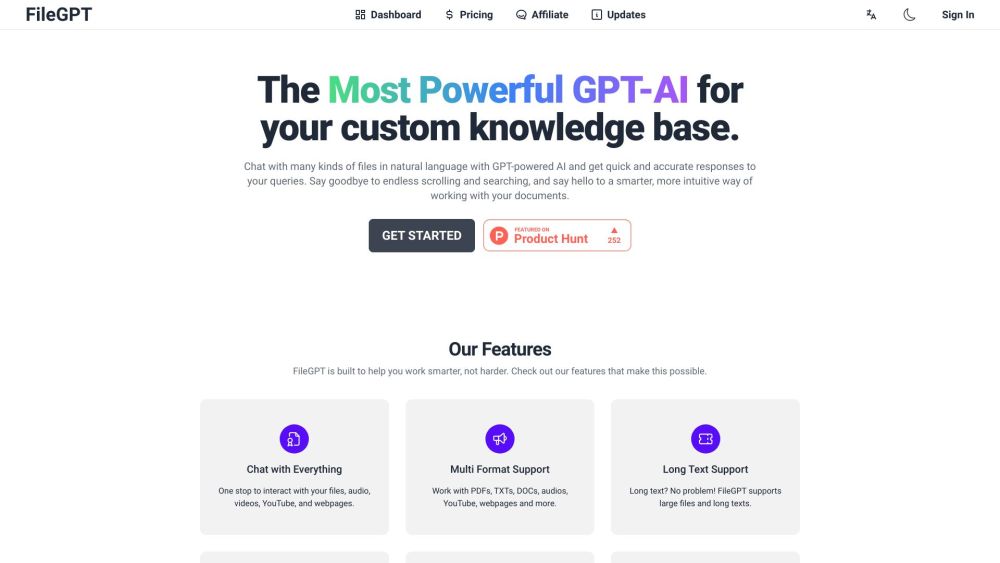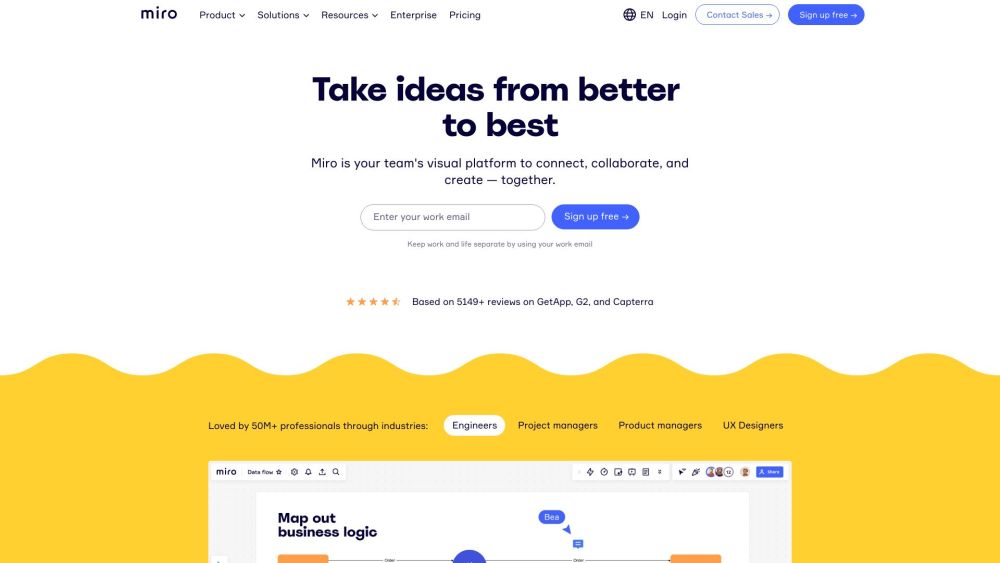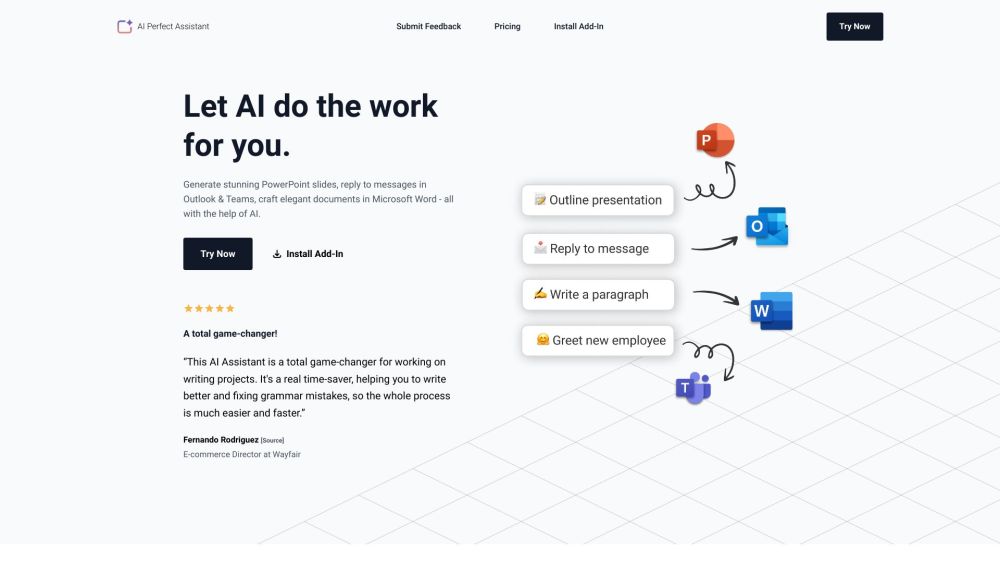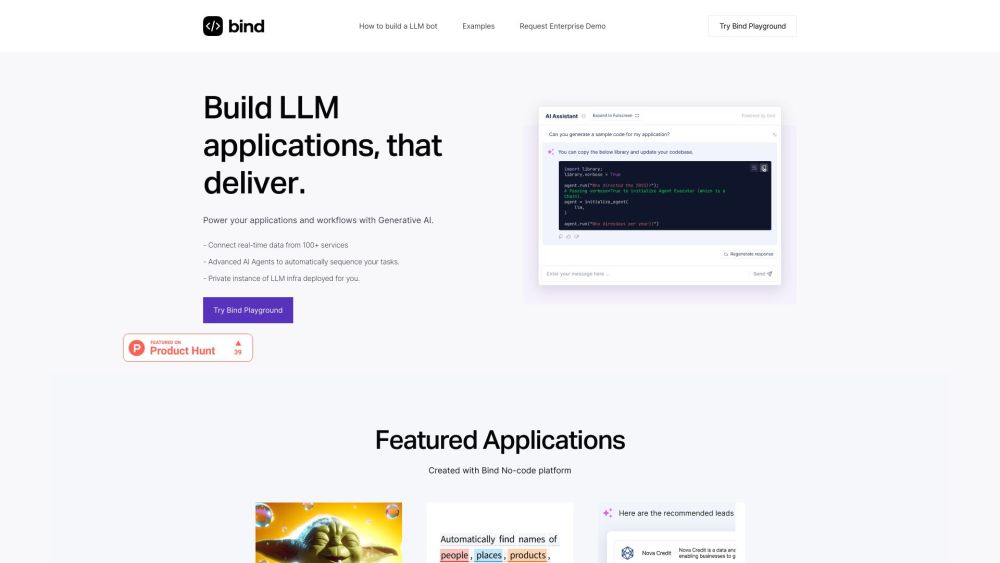After Apple discontinued its Music Memos app, which was popular among musicians for sketching song ideas, a startup named Tape It has emerged to fill this gap. Tape It has developed a unique app that utilizes AI to automatically detect instruments and annotate recordings. This week, the startup took a significant step forward by launching a free web app featuring an AI-powered noise reduction algorithm that promises studio-quality results for any audio, not just speech.
The AI denoiser is set to be integrated into Tape It’s flagship app and will eventually be licensed to other vendors. Founded in 2020 by musicians Thomas Walther and Jan Nash, Tape It began with an iOS app aimed at simplifying the recording process for musicians. Prior to this venture, Walther spent over three years at Spotify after it acquired his audio detection startup, Sonalytic. Nash, a classically trained opera singer and bassist, shared a vision of creating an app that was as user-friendly as Apple’s Music Memos but enhanced by AI.
Initially, Tape It allowed users to automatically detect instruments and annotate recordings with colorful icons for easier identification. Users could also add their own markers, notes, and photos to facilitate later reviews. The app has gained significant traction, boasting around 10,000 monthly active users.
As Walther mentioned during Tape It’s 2021 debut, the team had ambitions to expand their AI capabilities. This ambition led to their latest innovation: an AI-driven denoising tool developed over the past two years. The challenge of background noise in recordings often forces musicians to utilize professional studios and complex software. Tape It aims to provide a more accessible, cost-effective solution via AI technology that automatically eliminates unwanted sounds such as hums and hisses, achieving studio-quality audio for songs, instrument tracks, and field recordings.
“What we created is an automated version of the denoising tools that have been used in professional studios for over a decade,” Walther explained. Tape It plans to supplement its launch with an academic study showcasing the software’s efficacy in comparison with established denoising systems.
In a recent video, the company noted that while advancements have been made in speech enhancement technologies, they often fail to maintain the integrity of music signals. Traditional professional systems necessitate manual controls, limiting access for non-professionals. Tape It’s innovative approach utilizes a neural network controller connected to a noise reduction algorithm, enabling automatic denoising for various audio types, including music. The company intends to present this work at the upcoming AES conference.
“It’s traditionally been difficult to automate these systems because they do not easily lend themselves to neural network integration,” noted Walther. “We're pioneering this training approach, which opens exciting possibilities for automation in studio applications.”
The denoising software has already garnered interest from potential clients, including a major studio software vendor and a significant hardware manufacturer. For larger clients, enterprise pricing will be offered, while more affordable plans will be available for smaller startups.
“While many are excited about AI’s creative potential, we’re focused on using AI to solve mundane challenges,” Walther stated. “By eliminating background noise, we allow artists to concentrate on creativity and produce more music.”
AI technology isn’t limited to musicians; podcasters are also leveraging it for high-quality sound. For instance, Podcastle recently introduced its Magic Dust AI tool, designed to eliminate background noise and enhance audio clarity.
Tape It's dedicated five-member team, spread across Berlin, London, Los Angeles, and Stockholm, includes designer Christian Crusius, formerly with the design consultancy Fjord, and Christian Steinmetz, a PhD researcher in AI and audio who contributed significantly to the denoising project. The company has chosen to bootstrap its development, anticipating the time required for fundamental research, and has turned down previous funding offers.
“We recognized that this research could take time, so we wanted to avoid pressure from impatient investors,” Walther explained. “Our aim is to establish a considerable technological advantage.” Now, the company is contemplating a funding round due to the fast-paced developments in the AI landscape, though no formal decisions have been made yet.





